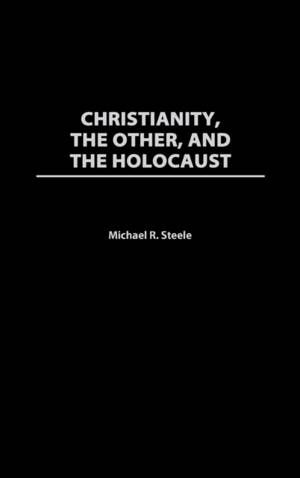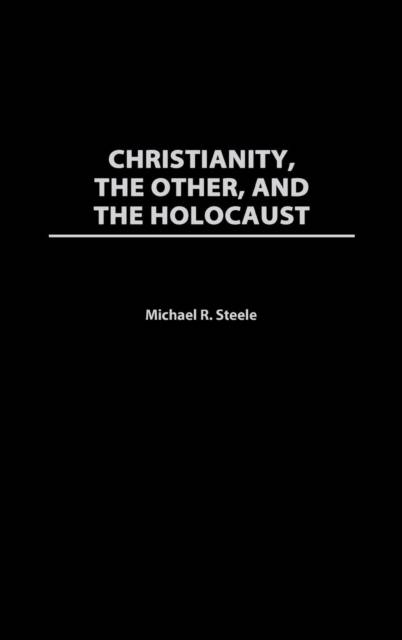
- Retrait gratuit dans votre magasin Club
- 7.000.000 titres dans notre catalogue
- Payer en toute sécurité
- Toujours un magasin près de chez vous
- Retrait gratuit dans votre magasin Club
- 7.000.0000 titres dans notre catalogue
- Payer en toute sécurité
- Toujours un magasin près de chez vous
Description
According to the author, Christianity offers a powerful system of rewards and incentives to create cultural uniformity. Those who do not join in this cultural uniformity become anathematized, oppressed, marginalized, and ultimately removed from the Christian circle of moral obligation. Using culture studies as a framework for analysis, Steele investigates the ways in which Christianity created cultural conditions based on a theology of violence and the use of sacred violence to foster behaviors that would lead to the involvement of millions of perpetrators and bystanders during the many instances of extreme violence used against the Other over the centuries. As the original Disconfirming Other in the Christian cultural world, Jews often served as the primary target. Thus, there was a system of definitions, rewards, incentives, and victims already in place when the Nazis came to power. Calling for a re-evaluation of the cultural practices and values that have developed within Christianity over time, this important new book helps account for the phenomenon of the Nazi perpetrators and bystanders during the Holocaust.
Framing the Holocaust as a late but logical development in a long series of violent responses by Christianity to the Other--those who stand outside the Christian world, either by geographical accident, religious tradition, or some other factor--the author attempts to show how the Holocaust, while not a specifically Christian event, was nevertheless sanctioned and conditioned by other events in the history of Christianity. Using culture studies to frame his analysis, Steele focuses on historical antecedents that help account for the apathy of bystanders and point to the preexistence of a moral framework supporting and empowering the perpetrators of the Holocaust. This unique perspective concludes that the Nazis invented almost nothing with regard to the Shoah, and that, instead, a long-standing insistence on cultural hegemony played a much bigger role in the attempted destruction of the Jewish community.Spécifications
Parties prenantes
- Auteur(s) :
- Editeur:
Contenu
- Nombre de pages :
- 200
- Langue:
- Anglais
- Collection :
Caractéristiques
- EAN:
- 9780313306457
- Date de parution :
- 28-02-03
- Format:
- Livre relié
- Format numérique:
- Genaaid
- Dimensions :
- 153 mm x 247 mm
- Poids :
- 435 g

Les avis
Nous publions uniquement les avis qui respectent les conditions requises. Consultez nos conditions pour les avis.






